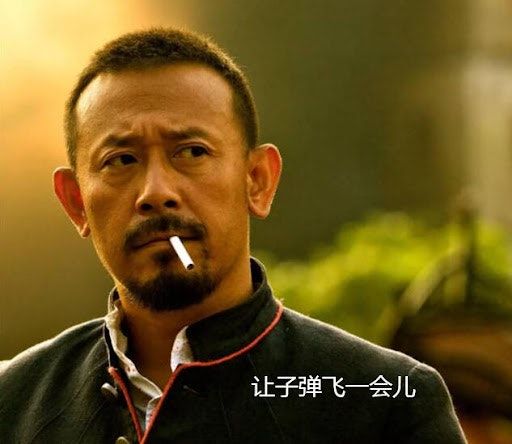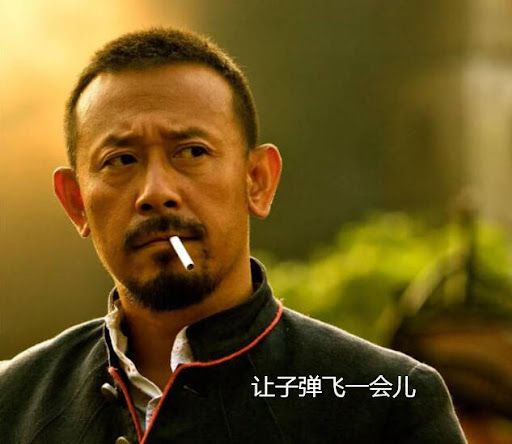Brief: ETS, mystery seeds, and tutoring

1. Emissions trading scheme
In a step significant in symbolism, China launched an emissions trading scheme to combat the climate crisis.
China, with the world’s largest population, is also the world’s biggest carbon emitter — 28 per cent of global carbon emissions. There are many ways to count carbon emissions, including taking into account the population (per capita), traded goods (whether the producer or consumer is responsible), or historical emissions (which may be fairer for developing countries).
Until recently, China has used these as reasons for not taking actions while pressuring the developed countries to do more. But that tactic appears to have changed with Xi’s announcement of a net zero target at the UN General Assembly late last year.
The emissions trading scheme remains limited in scope. Despite its limited scope, the scheme is the world’s largest when measured in emissions covered.
Rather than having it fully operating from the start, the government has instead chosen to cautiously experiment and incrementally expand the scheme. Initially, it only covers coal and gas power plants. Other sectors are expected to follow if the scheme works well.
The Chinese Government’s main concern now is to observe how the scheme operates and its effects. The scheme is unlikely to do much in reducing emissions in the short run. But if the government deems it to work well, then it will use this as one of the tools to achieve its announced target.
Countries around the world, both developed and developing, are moving towards stronger actions on climate change. This seems an unstoppable trend.
There are some skepticisms about China’s commitment to climate actions, given China is still building new coal power plants. However, I think China is serious about achieving its targets. One, it has given itself another ten years (until 2030) to reach peak emissions. Two, it has switched its development focus from quantity to quality. Three, there is domestic demand for more actions on environment and ecology.
But regional differences may become more prominent, as poorer provinces may be tempted to ignore climate policies in favour of faster growth. Focusing on rural development and regional inequalities will be important.
2. Seeds mystery...solved?
Last year, there were reports of people around the US receiving seeds that they did not order. The seeds were sent from China. This prompted government officials to issue warnings about these seeds, with some fear that they were part of a bioweapon campaign by China.
In an environment of heightened strategic competition between China and the US, and the panic and suspicion of what China is capable of, many people readily believed in the “bioweapon” theory.
Unlike many stories about conspiracies and spies, this time someone actually bothered to follow up on this story.
Chris Heath contacted some recipients of the mystery seeds, and found many of these people had simply forgotten about their earlier seed orders. That’s right, they ordered the seeds themselves, but due to shipping delays, forgot about it when the seeds arrived. Further, no nefarious “bioweapon seeds” were ever found. All the seeds tested by the government agencies in the US were your standard flowers and vegetables.
In fact, in every single case that we were able to research fully, we found a convincing connection between a mystery package and an earlier order. Despite the evidence, some seed recipients remained skeptical about the scenario we were describing
As an avid online shopper myself, I confess that I too often forget about the orders I’ve made. That’s why I love online shopping — I get two dopamine hits, one when I make the purchase and one when it arrives.
There are a few takeaways from this story of mystery seeds.
One, following up is important. When a story first breaks, there is bound to be a lot of attention and sensations, especially when the story touches on things like espionage or anything secretive and nefarious. At this stage, we should reserve some healthy skepticism, and “let the bullets fly for a while” 让子弹飞一会儿 rather than rush to a verdict, as often we are not seeing the complete picture. Sometimes, a more complete picture later emerges. However, more often than not, no one even bothers to follow up on the story, as discrediting initial explosive claims are less sensational and less profitable.

Two, in an environment where people are prone to panic or suspicions about anything to do with China, we should be even more careful about facts that confirm our existing suspicions. We are all prone to confirmation bias. Of course, sometimes the nefarious explanation is the correct one, but we should be extra careful.
If you want more on China and seeds, I highly recommend Mara Hvistendahl’s book The Scientist and the Spy.
3. Tutoring crackdown
China is cracking down on the tutoring industry. However, such crackdown is treating the symptom and not the cause of the problem.
Parents of “chicken baby” 鸡娃 infuse their children with a sense of zero-sum competition, with a good performance in Gaokao and getting into a good university the only way to earn a good living and peers’ respect and to keep up with the Joneses.
Cracking down on tutoring by themselves is unlikely to change this mindset. Rather, parents will try to find other avenues to increase the competitiveness of their children. Instead, what will help is reducing the competitive pressure. This can result from reduced inequality and changing social perceptions. Right now, getting into a good university is still seen as the determinant of one’s future life trajectory and the chance to live a good life.
When the majority of Chinese people can live a good and fulfilling life, no matter whether they go to a university, that’s when the competitive pressure for Gaokao will finally ease a little.
